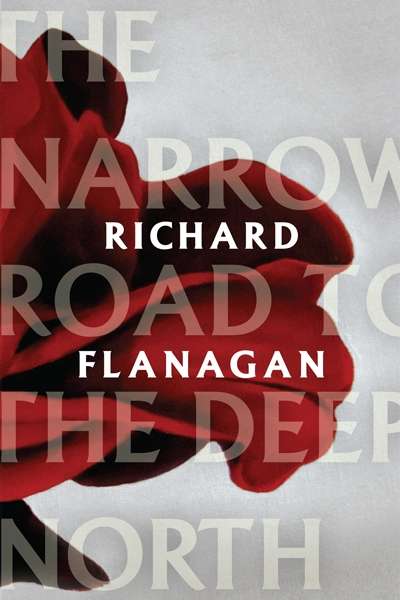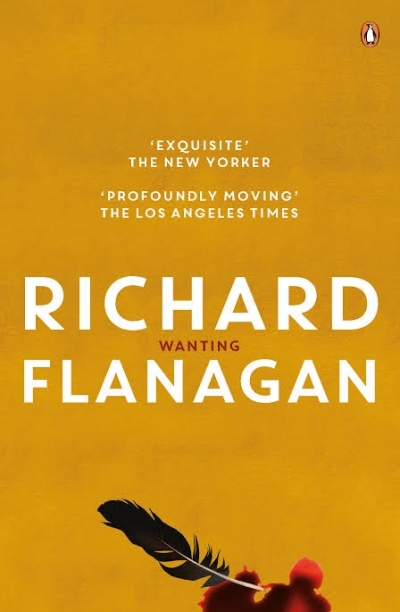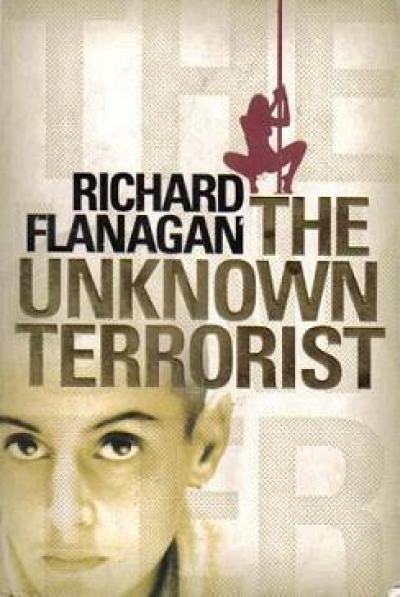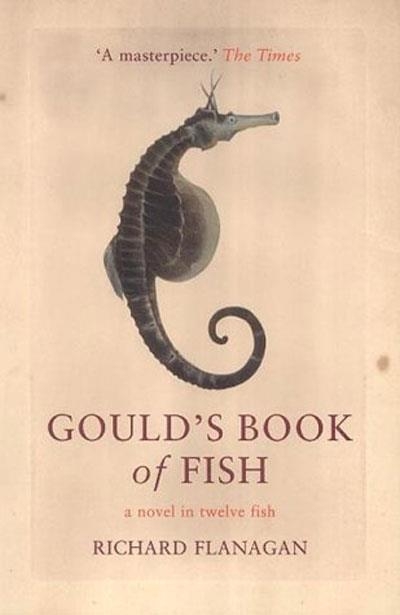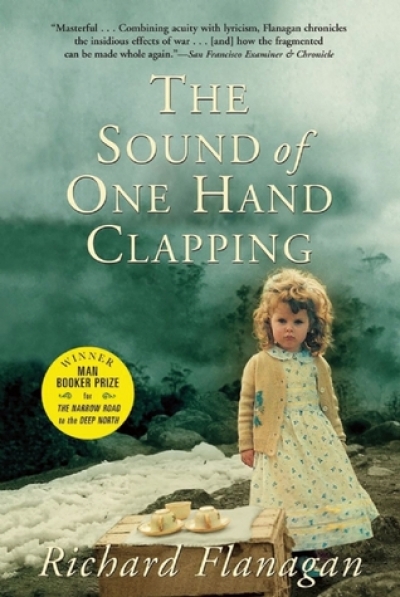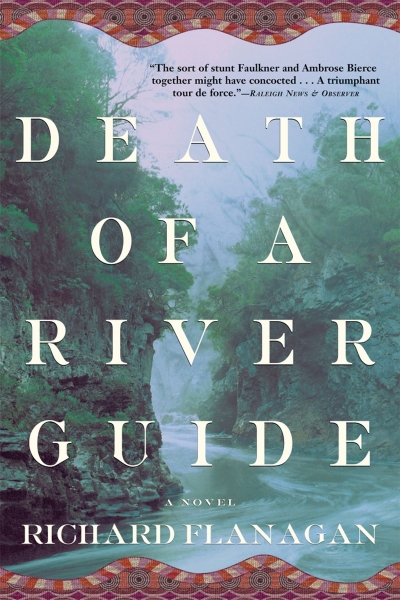Before you start this novel, take a big, deep breath. Aljaz Cosini – riverguide, ex-footballer, drifter – is drowning, and we’re going along for the ride. There he is, stuck fast beneath the surface of Tasmania’s Franklin River, hopelessly wedged between rocks, his one free arm waving grotesquely to the unlikely band of adventurers who have paid for his services. The irony isn’t lost on him. Not much is lost on him at all. It seems his whole life, from his miraculous birth (struggling to break free from the restrictive sac of amniotic fluid) to his final humiliation on the river, has been leading inevitably to this moment. And now the river carries not only his own past but the pasts of all those who have gone before him like a great tide of stories washing over him, pushing him down, forcing more and more water into his lungs. Stories, stories, stories. A world and a land and even a river full of the damn slippery things.
...
(read more)
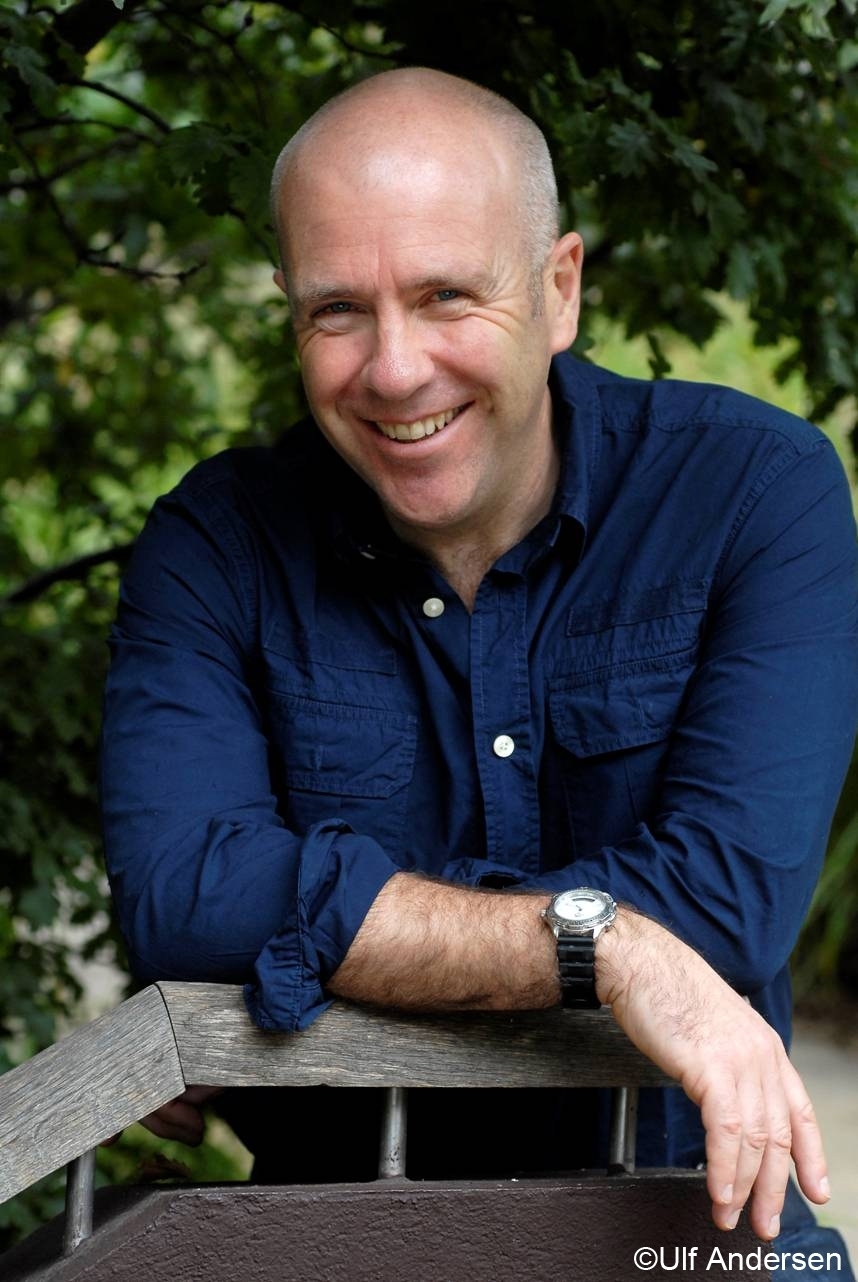 Richard Flanagan (photograph by Ulf Andersen)
Richard Flanagan (photograph by Ulf Andersen)
